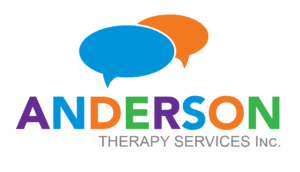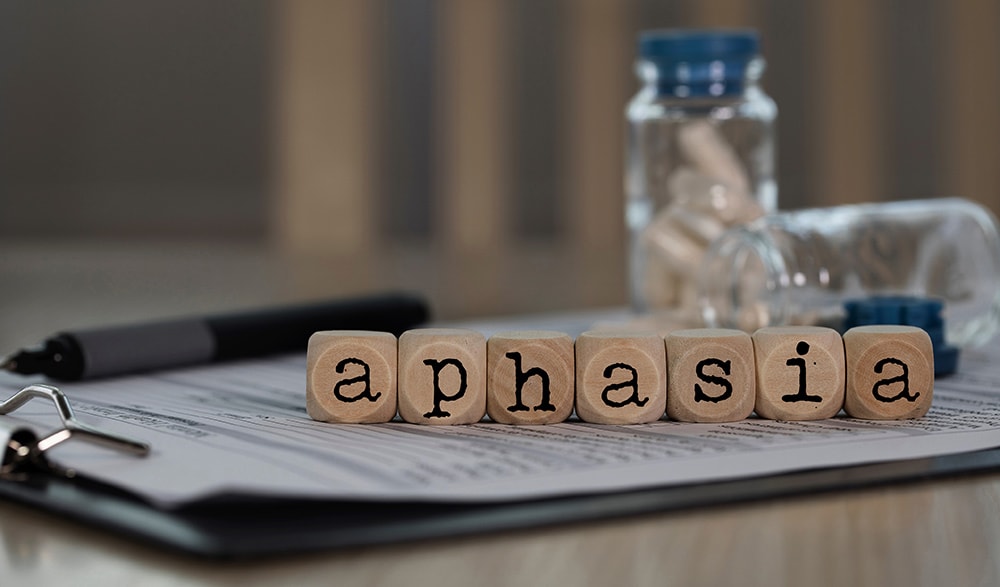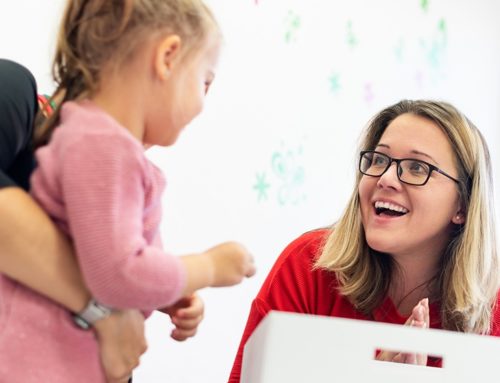Supported Conversation for Adults with Aphasia (SCA)
What is it?
- The use of various techniques to encourage and support conversation when communicating with someone with aphasia.
- The techniques:
- Spoken and written key words
- Ex: Writing “hockey” when asking “did you see the hockey game last night?”
- Body language and gestures
- Ex: Gesturing ‘shooting a puck’ when asking “did you see the hockey game last night?”
- Hand drawings
- Ex: Drawing a ‘hockey stick’ when asking “did you see the hockey game last night?”
- Detailed pictographs
- Ex: Drawing the ‘NHL logo’ when asking “did you see the hockey game last night?”
- Spoken and written key words
There are 2 main goals of SCA™:
- Acknowledge competence of the person with aphasia
- Help the person with aphasia reveal their competence
Tips for revealing competence.
Helping get the message IN:
- Use short, simple sentence and an expressive voice
- When writing down keyword or topics use bold font (ex: black marker on a white page)
- Use pictures to illustrate an idea – focus on one picture at a time (ex: photo on iPad)
- Reduce distractions – noises, other people, multiple visuals at the same time
- Gauge competence – watch facial expression, eye gaze, body expression, and gestures
Helping get the message OUT:
- Ask yes/no questions
- Ask 1 question at a time
- Ask choice questions (ex: “Do you want water or coffee?”)
- Phrasing yes/no questions from general to specific (ex: “Did you watch TV last night?”, “Did you watch the Hockey game”? “Did you see Auston Mathews score?”)
- When needing clarification ask him/her to gesture, point to objects/pictures, or write key words (ex: Can you show me…)
- Give time to respond
- Verify the message (ex: expand or repeat message)
Despite everyone’s best effort, communication breakdowns will happen – it’s validating and comforting to acknowledge the shared feelings of being frustrating.
Speech-Language Pathologists (SLPs) can help! SLPs trained in Supported Conversation for Adults with Aphasia (SCA™) can help teach these strategies in the individual or group setting. Helping your loved one re-join life’s conversations.
Please contact Anderson Therapy Services with any questions or concerns you have about Supported Conversation for Adults with Aphasia (SCA™). We are located in the Greater Hamilton Area and through teletherapy, are able to provide therapy services across most of Ontario and Northern Regions.
Sources:






